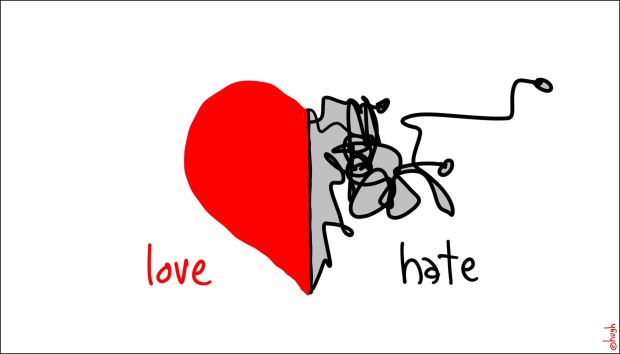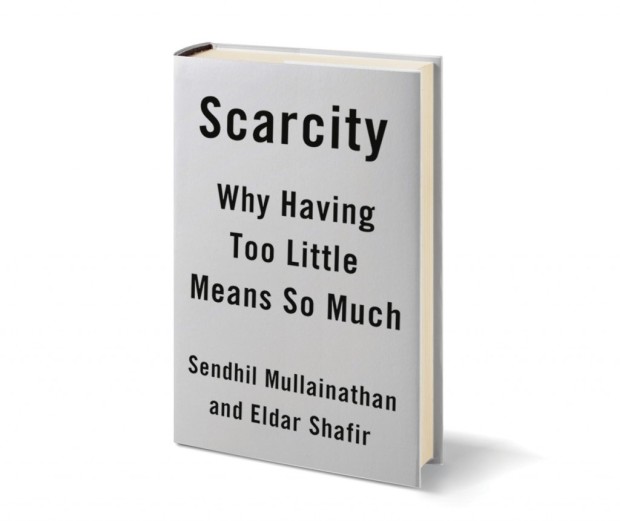Dear Jim,
I like you. I really do. I think that your first couple of months in office, after officially winning a seat in the legislature, have seen some movements in the right direction (#Bill10 notwithstanding). Of course, all you’ve really done is reverse or deal with a lot of the bad decisions made by your predecessors. From selling off the air fleet to reversing the decision on the Michener Center, you’ve had your hands full of messes to clean up.
Of course, along with cleaning up The Party’s act, there have been some political feathers in your cap. Winning the four by-elections and assisting Danielle Smith with the neutering of her own official opposition are certainly a testament to your growing political capital and obvious prowess.
I like you, so here’s some (obviously) unsolicited advice, in the form of a Top 5 Top 6 List.
Number 1: Stop calling me (and every other Albertan) a taxpayer. We’re not cows to be milked. I’m a taxpayer once every two weeks when my paycheque gets cut. Every other moment I’m a father, husband, employee, boss, son, neighbour, volunteer…and most importantly, a concerned citizen of this province. Concerned that every damn conversation boils down to what the “taxpayers” are going to think. Try asking me as a father instead sometime.
Number 2: Don’t just slaughter some sacred cows, fire up the grill. Progressive income tax, revenue neutral carbon taxes, provincial sales tax, oil & gas royalties…you name it, we better be moving on it. Alberta could, and Alberta should.
Number 3: Stick to the laws your own government enacted, particularly the one about the next election being held sometime in the spring of 2016. I (and many fellow Albertans) are pretty much done with your party playing political games and running this place like it’s a little #PCCA fiefdom. It’s not like there’s a shortage of work to be done in the next year.
Number 4: The Environment. You know, that big ol’ place that provides food, water, air, etcetera…it’s suffering. In a big way. For far too long we’ve sacrificed our relationship with our natural spaces in the name of frenetic and unsustainable economic growth. From fracking to clear-cutting, rampant off-highway vehicle use in our headwaters to the oil sands, turning the corner on environmental issues and bringing some reverence back into our relationship with the earth should be a top priority.
Number 5: Last, but definitely not least, get out a little bit more. And I don’t mean down to the Superbowl to stump for the Keystone XL pipeline. Get out of your party’s vested interest in the status quo. Get out of the mindset that Albertan’s won’t tolerate some needed change around here. Get out and talk to people who haven’t spent their entire careers amplifying the issues that we now face.
Number 6: Finally, if you’re hell-bent on balancing the budget through spending cuts, which you seem to be (as opposed to the very good advice in Number 2), don’t do it on the backs of vulnerable people and children. Our educational system is already maxed out. I visited a local elementary school earlier this year and there were classrooms in the hallways. Classrooms in the staff room. Classrooms in the gym. I’ve got a 3 1/2 year old son and I’m more than a little anxious about the quality of his education in the coming years. As for the vulnerable, if there’s one thing that Albertan’s will tolerate less than a tax-system overhaul, it’s the further dismantling and degrading of an already fragmented and incomplete support system for vulnerable people. Albertan’s, as you know, are the kind of people that do what it takes to make sure their neighbours are cared for…look no further than the overwhelming response to the floods of 2013. Speaking of the floods, if you’re looking for something to cut, let’s start with golf courses.
I like you, Jim. I really do. I think you’ve got what it takes to help create a true Alberta Advantage…not one that’s been built on years of over-spending, under-saving and pillaging our natural resources.
I like you…but I’m probably not going to vote for you.
Fool me once, shame on you. Fool me twice, shame on me. Fool me for 40 years?







 Now why might I believe that? Because my version of the world is one in which people are free to decide their fate, free to make choices. Obviously criminals are choosing a life of crime. My world is an individual one, where people make it or don’t based on their merit, grit and determination. I identify strongly with the notion of rugged individualism, and back in the day probably smoked Marlboro’s.
Now why might I believe that? Because my version of the world is one in which people are free to decide their fate, free to make choices. Obviously criminals are choosing a life of crime. My world is an individual one, where people make it or don’t based on their merit, grit and determination. I identify strongly with the notion of rugged individualism, and back in the day probably smoked Marlboro’s.